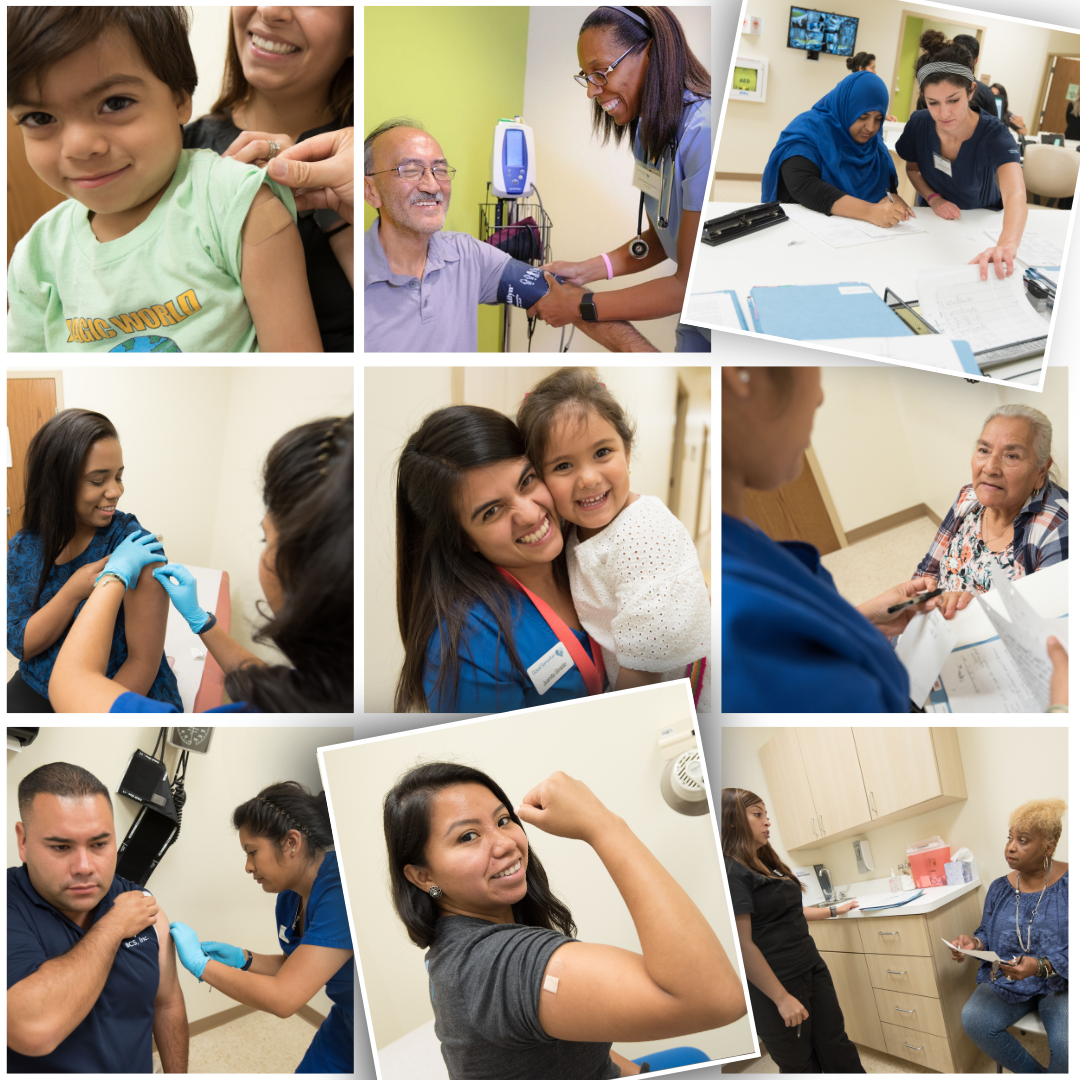
Good Samaritan Gwinnett’s Story of Impact and Challenges
A profound need for accessible healthcare resonates among Georgians. The challenges are particularly pressing for the uninsured. This urgent demand underscores the critical mission of Good Samaritan Health Centers of Gwinnett, the county’s largest charitable provider of medical and dental services. Since its launch in 2005, Good Samaritan Gwinnett has served 53,000 uninsured Georgians and completed more than 300,000 visits. Today, the charitable clinic has a budget of $4.5 million, 58 dedicated staff members, and has completed as many as 35,000 appointments in a single year.
Patients turn to Good Samaritan Gwinnett for an array of services, including annual exams, primary care of illnesses and injuries, school physicals and child vaccinations, low-cost medications and specialty care for chronic diseases like hypertension, diabetes, asthma, thyroid dysfunction, and more.
Navigating Healthcare Challenges
However, even with a robust budget, large staff, and the assistance of hundreds of volunteers each year, Good Samaritan Gwinnett cannot fulfill every healthcare need within the community. The reality is that healthcare, particularly for the uninsured, comes with its set of challenges and limitations.
- Beyond Primary Care: The patient faces significant barriers when their medical needs extend beyond Good Samaritan Gwinnett’s primary scope of care.
- Renal Roadblock: In cases of renal failure, the clinic is unable to provide the patient with direct assistance and is unable to find external support.
- Pacemaker Issues: The challenge deepens when an uninsured patient requires a pacemaker. Good Samaritan Gwinnett grapples with limitations, unable to offer the needed intervention.
- Hip Replacement Hurdles: The journey becomes complex with the need for a hip replacement. Good Samaritan Gwinnett cannot provide that care and cannot find anyone that will offer that care at a price that the patient can afford.
- Insulin Pump Implications: Similarly, for those in need of an insulin pump, the clinic is unable to offer the needed service or find suitable alternatives.
While healthcare specialists exist to serve patients, the accessibility of such expertise hinges on the uninsured patient’s access to abundant funds. Consequently, some of Good Samaritan Gwinnett’s patients have faced unnecessary deaths or succumbed to healthcare conditions that have left them disabled.
The Role of Donors in Bridging the Gap
With the ever-growing demand for healthcare services, the support of donors ensures that Good Samaritan Gwinnett can offer affordable care to those who need it most. Donors are partners in creating a healthier community. Their generosity is not just a financial contribution; it is a lifeline that allows Good Samaritan Gwinnett to continue making a meaningful impact on the lives of individuals facing health challenges.


